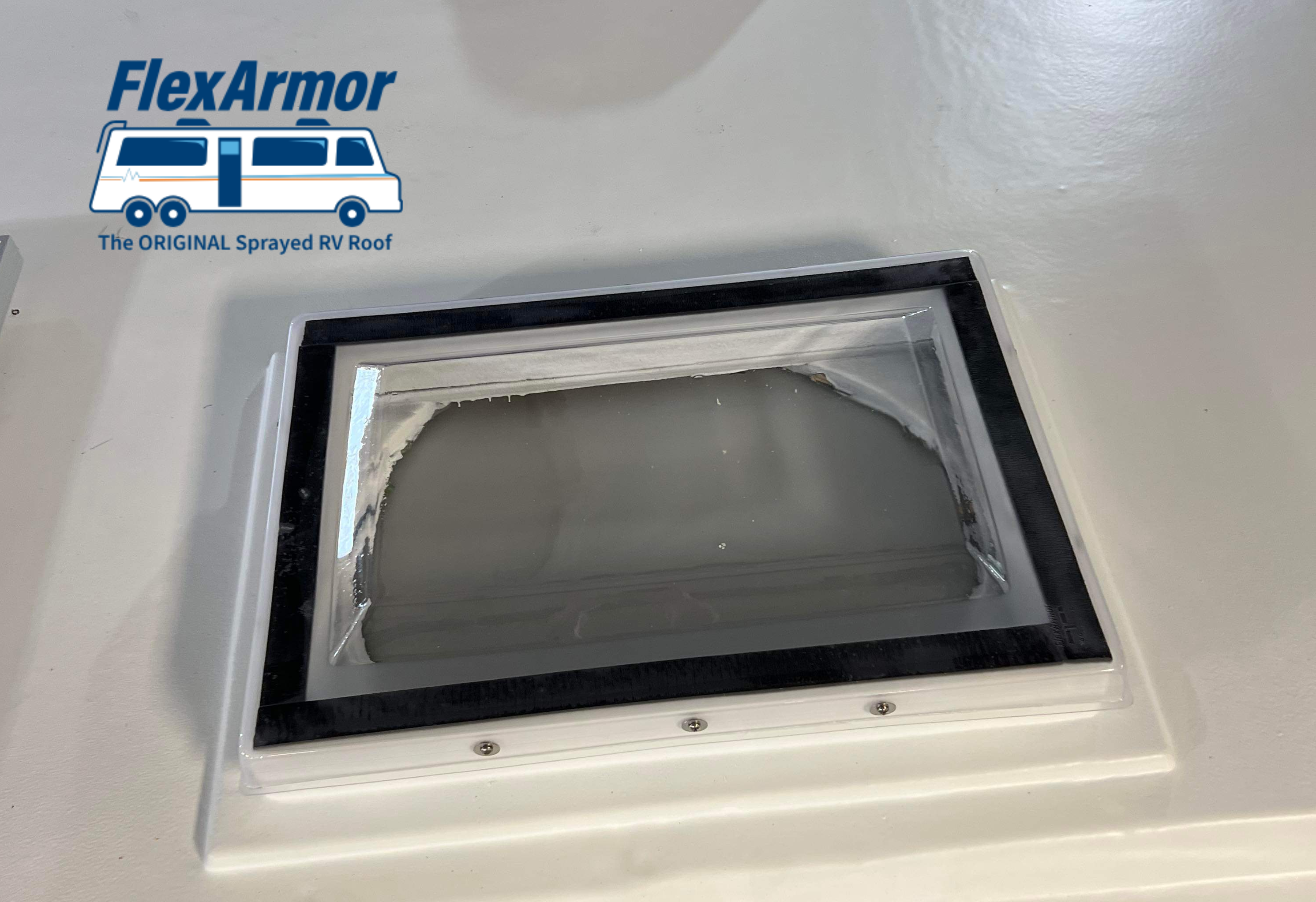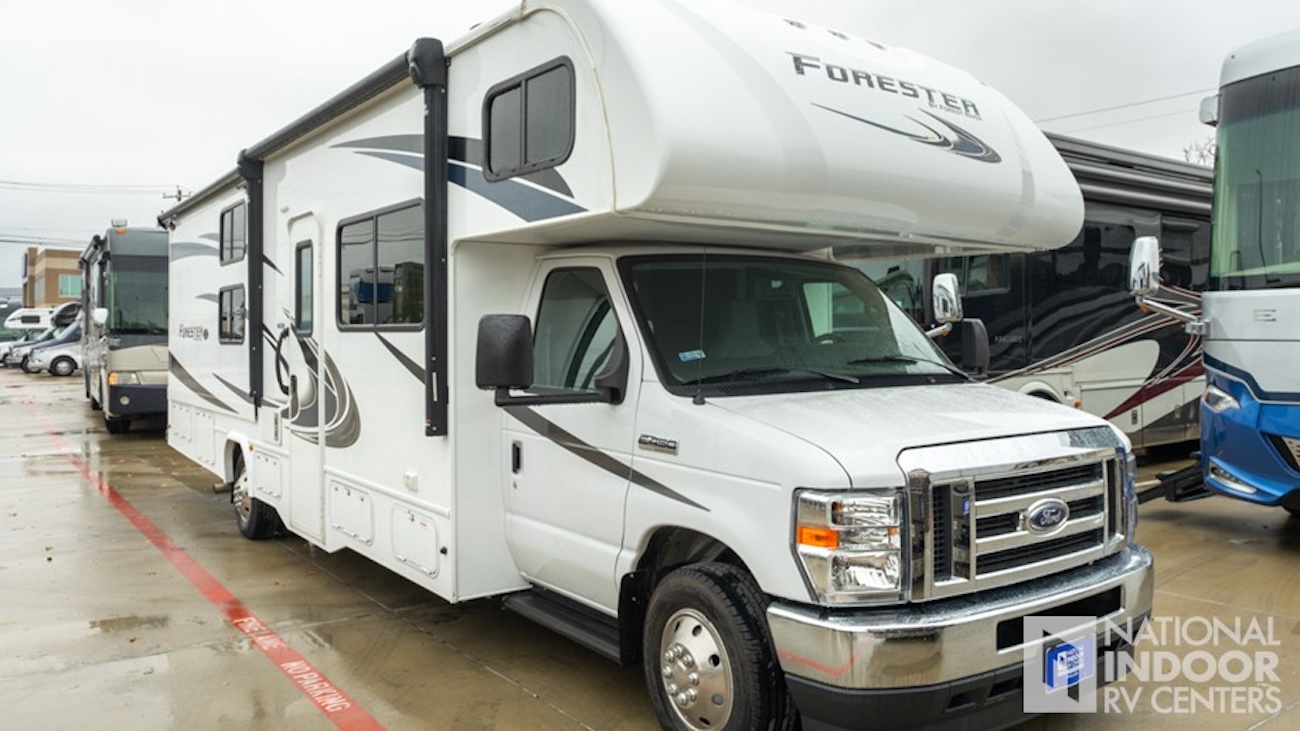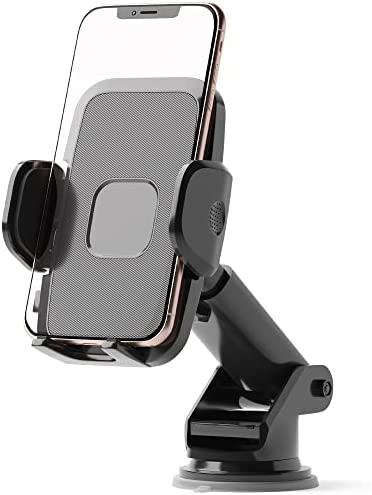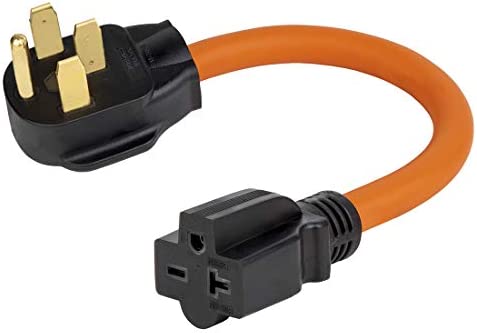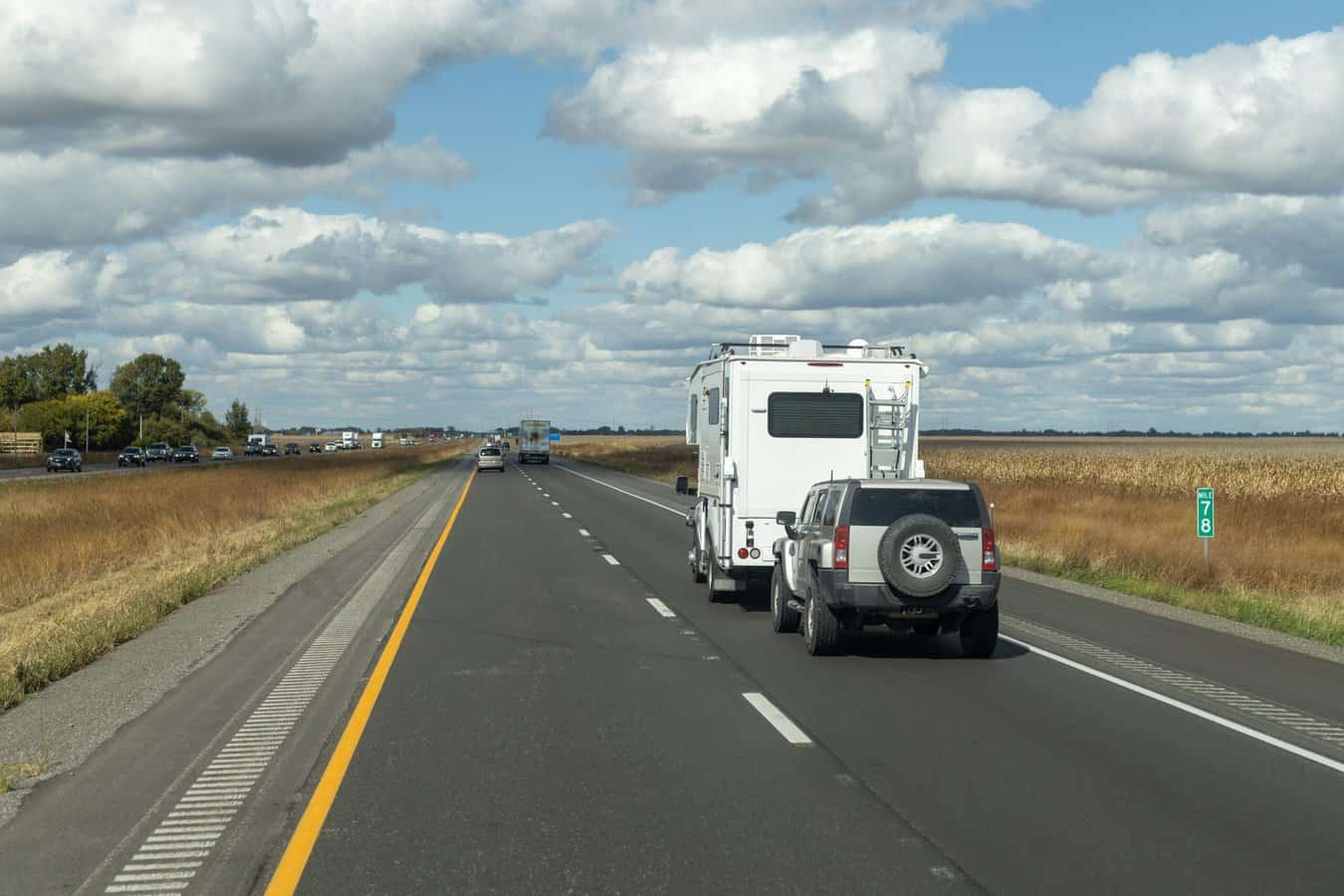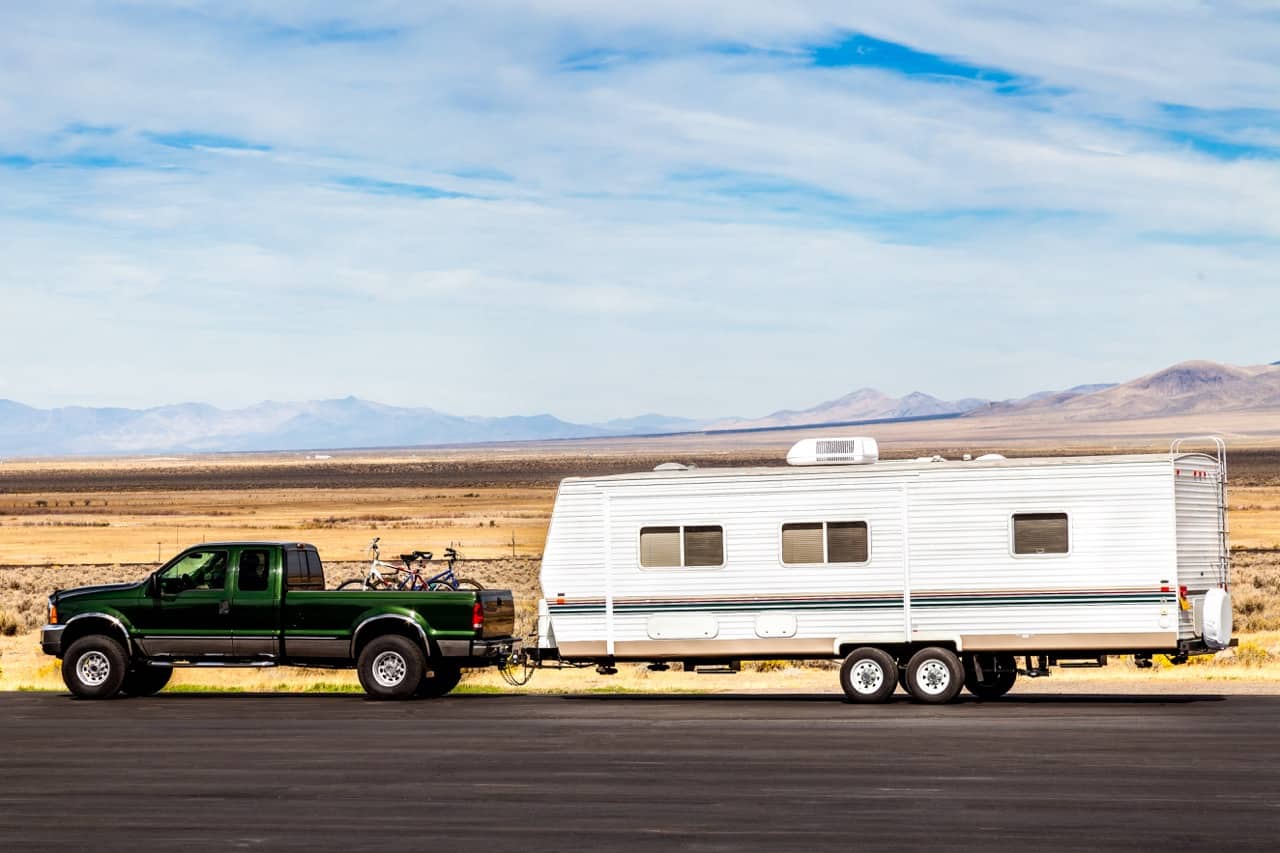
They’re a Hotly Debated Subject
Should you buy an extended warranty for your travel trailer or save the money and self-insure? This is a heated debate and if you read RV forums you will find people who are fervently engaged on both sides. Few people are willing to take the middle ground, but you need to understand there is no single right answer. The perfect choice for one travel trailer owner may not be a good choice for another. In the end it boils down to your tolerance for uncertainly and risk and your need for peace of mind.
Most Warranty Articles Are About All Types of RVs
There are some great articles already written about this subject, but I will try to restrict this article to extended warranties for just travel trailers and leave all the self-propelled vehicles out of the discussion. After all, an extended warranty for a motorhome and a travel trailer are different. Often the general use of travel trailers and motorhomes is different, and travel trailers and fifth-wheels don’t have expensive engines and powertrains to worry about.
Underwriters Know the Probability of Breakdowns
Every RV category is unique and every brand, model, and production year has a known breakdown and repair history. The companies who offer extended warranties are much more familiar with these variances than we are. After all, we don’t have access to the mountains of data that informs their estimates and warranty pricing. In other words, they are more informed about the risks of a major breakdown in your rig than you are, and they establish their estimates based on that risk.
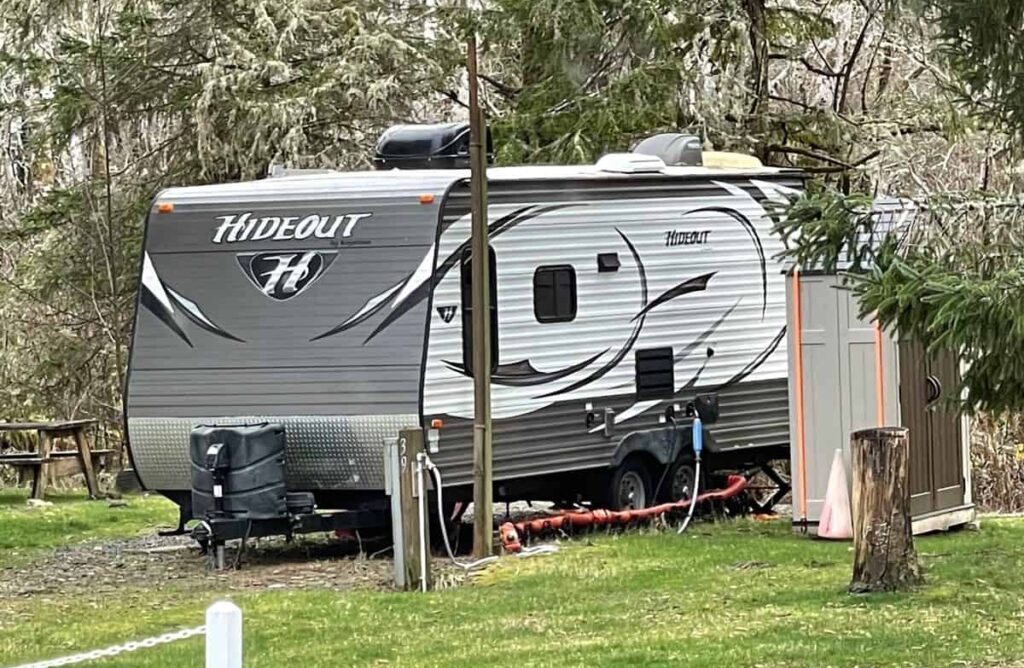
Infrequent Users
A point often overlooked in the debate about the value of an extended warranty is the frequency and type of use. If you are only able to use your trailer occasionally for short trips you may not benefit from an extended warranty. In this case, most of the time the trailer will be idle or in storage. It might not make sense to pay up-front or monthly for the time your travel trailer isn’t being used. Monetarily speaking, it’s unlikely that you will recoup your investment on an extended warranty.
Companies Limit Their Liability
Another consideration is the fact that warranties are actually backed by insurance companies. Insurance companies can’t make any money if they pay out more than they collect. Having said that, insurance companies will find ways to limit their liability. That may be in the form of denied claims, damage not covered, coverage limits, and a long list of excluded components.
Managing Risk
Your travel trailer might suffer one or more major breakdowns that are covered by the extended warranty. You could technically recover more monetary benefit from your policy than it costs. But getting your money back isn’t really the point of the warranty. It’s about managing risk and the peace of mind.
Consequently, it pays to shop for the right policy and that does not mean the cheapest one. What it does mean is a warranty that clearly defines what is covered and is not covered. It also means:
- The contract spells out what it will pay to repair or replace.
- The warranty representative is easy to contact.
- The underwriting insurance firm has a high rating.
- The repairs can be done by any repair shop.
- The claims are easy to file and follow through the repair process, and that the peace of mind you thought you were purchasing continues through the full contract term.

Wrapping a Warranty into a Purchase Agreement
You may want to avoid wrapping an extended warranty into your travel trailer purchase agreement. If you’re buying a new travel trailer, defects and breakdowns that occur in the first year will typically be covered by the manufacturer’s warranty. Extended warranty underwriters should take that into consideration when pricing your policy. But they are likely hoping you don’t think of it. It’s convenient to bundle the warranty with the purchase, but you may be paying for the warranty long after the policy expires. Your contract may be for 15 years but the warranty may only extend for 6 years. That means you’re still paying for the warranty long after its expiration date.
The salesperson may advocate for the purchase of the extended warranty and remind you that you are locking in the lowest possible price on the warranty. That’s true, but in the first year of owning a new travel trailer you don’t necessarily need the extended warranty coverage. Also, if you purchase the extended warranty at the same time that you’re buying your new rig you might not take the time to review the contract. Do your homework on the insurance company that is backing up your warranty. Just because it’s recommended by the dealer doesn’t mean it’s the best policy for you.
It’s Personal
The choice to purchase an extended warranty or to self-insure is a personal decision. It’s more about your tolerance for uncertainty and managing your financial risk than it is about receiving a full return on your investment.
One other consideration that may need to be factored into your decision is the fact that you may also need a separate insurance policy for your travel trailer or towed RV. A travel trailer extended warranty only covers certain types of problems. But if your trailer is involved in an accident, is vandalized, or parts are stolen, those losses are not covered by an extended warranty. Those events would be covered by travel trailer insurance.
And don’t assume the insurance you have on your tow vehicle extends to your trailer. Only your auto liability coverage extends to your trailer—and then only when it’s hooked up to your tow vehicle. And liability coverage only protects the other guy. If you want to protect your own investment, you’ll need to purchase a separate insurance policy for your travel trailer. To fully protect your travel trailer you’ll need both insurance and an extended warranty.
The post What You Should Know About Travel Trailer Extended Warranties appeared first on Camper Report.




